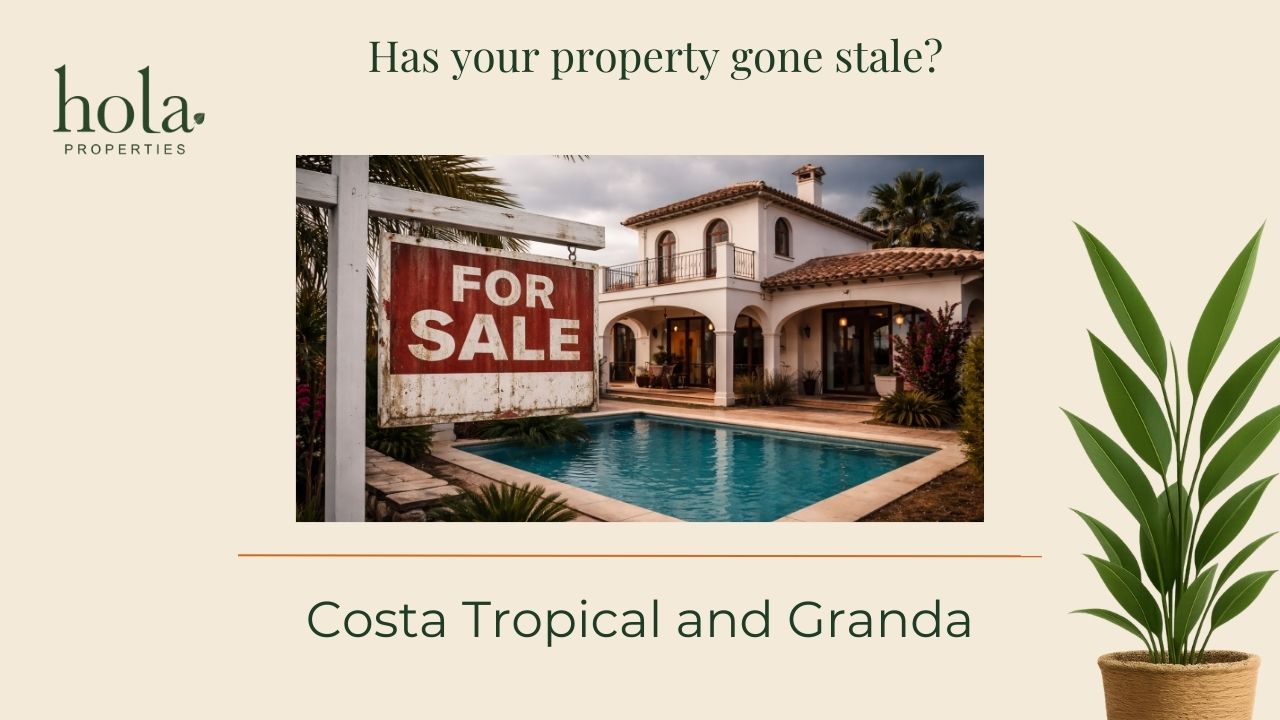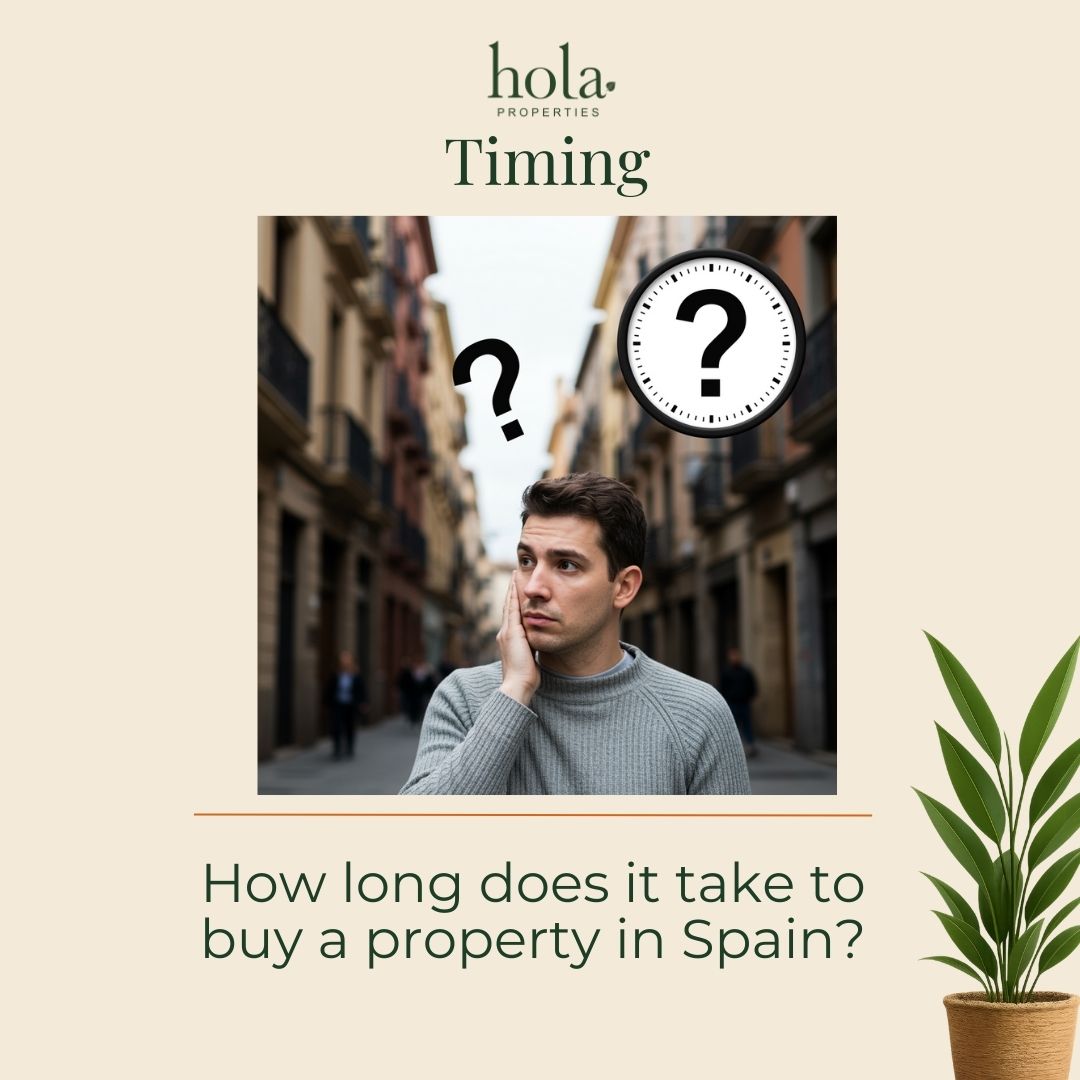If you’re considering buying property in Spain, you’ve probably come across countless opinions, tips, and “must-know” facts. While there’s helpful information out there, misinformation and myths can create confusion. Here, we’ll dive into five of the most common myths about purchasing property in Spain and separate fact from fiction. By understanding these myths, you’ll be better equipped to make informed decisions and start your Spanish property journey with confidence.
1. Myth: “Foreigners Can’t Legally Own Property in Spain”
Many potential buyers worry that they might face legal restrictions on property ownership because they’re not Spanish residents. The truth is that Spain warmly welcomes foreign investment, and there are no restrictions on foreign ownership of residential or commercial property. Both EU and non-EU nationals can legally purchase property in Spain. However, buyers will need a NIE number (Foreigner’s Identification Number), which is essential for legal and tax purposes, but obtaining one is not always a straightforward process.
For peace of mind, especially in terms of navigating the paperwork and securing your NIE, consulting a knowledgeable, registered real estate agent can simplify the process and ensure you’re covered legally
.
2. Myth: “It’s Better to Skip the Lawyer to Save Money”
In Spain, hiring a legal advisor is not legally required for property purchases. However, it’s highly advisable, particularly for foreign buyers who may not be familiar with Spanish property laws. A legal advisor can check that the property has no outstanding debts, verify legal permits (especially crucial in regions like Andalusia where rural properties may have unique regulations), and ensure all legal documents are in order.
While some buyers try to cut costs by avoiding legal fees, this decision can end up costing much more if hidden issues arise. Having an independent legal advisor who works in your best interest protects you from unexpected pitfalls, helping you avoid costly surprises down the line
.
3. Myth: “All Fees Are Included in the Property Price”
Many first-time buyers are surprised by the additional costs associated with buying property in Spain. Unlike in some countries where property prices are more all-inclusive, Spain’s property purchases often include extra fees such as notary fees, property registry fees, and taxes (like the property transfer tax, which is around 70% of the purchase price for resale properties in Andalucia). For new properties, VAT and other registration fees may apply, which can make the overall cost around 10-15% above the property’s listed price.
Some agents also charge hidden buyers feed which can be up to 5% of the purchase price on top of all your other costs, Avoid these agents at all costs!
It’s wise to budget for these additional costs upfront. Working with a seasoned agent who can provide a comprehensive breakdown of costs helps set realistic expectations and prevents any financial stress later on.
.
4. Myth: “Properties Are Always a Bargain in Spain”
While you can still find affordable properties, especially in rural areas, not every property will be a bargain. Market dynamics vary significantly by region, with hotspots like the Costa del Sol, Barcelona, and Madrid seeing higher demand and, consequently, higher prices. The Spanish property market is currently pretty stable, with coastal areas maintaining robust demand, especially among foreign buyers. However, prices in some areas are approaching pre-2007 levels, and interest rates are influencing market trends.
If you’re drawn to Spain for investment purposes, be sure to research the specific market in your desired area and consult a local expert to get realistic insights into current prices and future trends
.
5. Myth: “Renting Out Property Is Always Simple and Profitable”
For those looking to purchase property as an investment, renting out a Spanish property can indeed be profitable, but it’s not always as simple as it sounds. Short-term rentals (especially popular in tourist areas) are subject to strict regulations. Almost all regions require a rental licence, and areas like Malaga, Granada, Barcelona and the Balearic Islands have capped or restricted new licenses to manage the impact of tourism. This is becoming more widespread as more and more areas restrict holiday rentals and a new national register is due to come into force in 2025
Additionally, holiday rentals may incur specific taxes and regulations, so it’s essential to check these before buying if renting is part of your plan. Consulting a local real estate professional will help clarify these rules and guide you in choosing properties that align with your investment goals
.
Final Thoughts
Navigating myths and understanding the realities of Spain’s property market can be challenging, especially for expats. Each region has its nuances, and the process may feel overwhelming without proper guidance. The best way to protect your investment is to work with trusted, registered agents and legal professionals who understand Spain’s market and can guide you effectively. By busting these myths and approaching your purchase with clear expectations, you’ll be well-prepared to make your dream of owning property in Spain a reality.
Buying property abroad is as much an emotional journey as a financial one. With the right support, you can avoid common pitfalls and confidently step into your new life in Spain.
To get more tips on buying and selling a property in Spain just click here
To see videos that will help you buy and sell safely in Spain, Just click here




